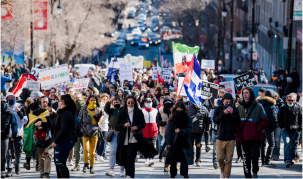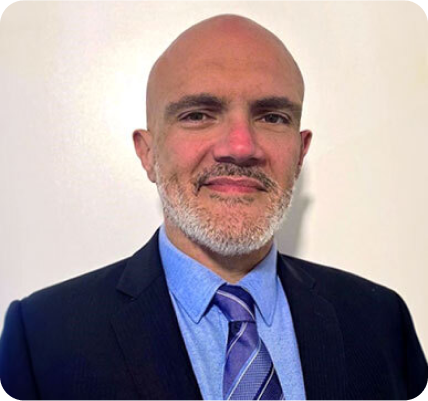What does the Credible Fear Interview entail in the United States?
The credible fear interview is essential in the US immigration system to assess if asylum seekers genuinely fear persecution or torture upon return to their home country based on race, religion, nationality... This article offers a detailed guide on the interview process, covering common questions and support services from organizations like Serving Immigrants.







